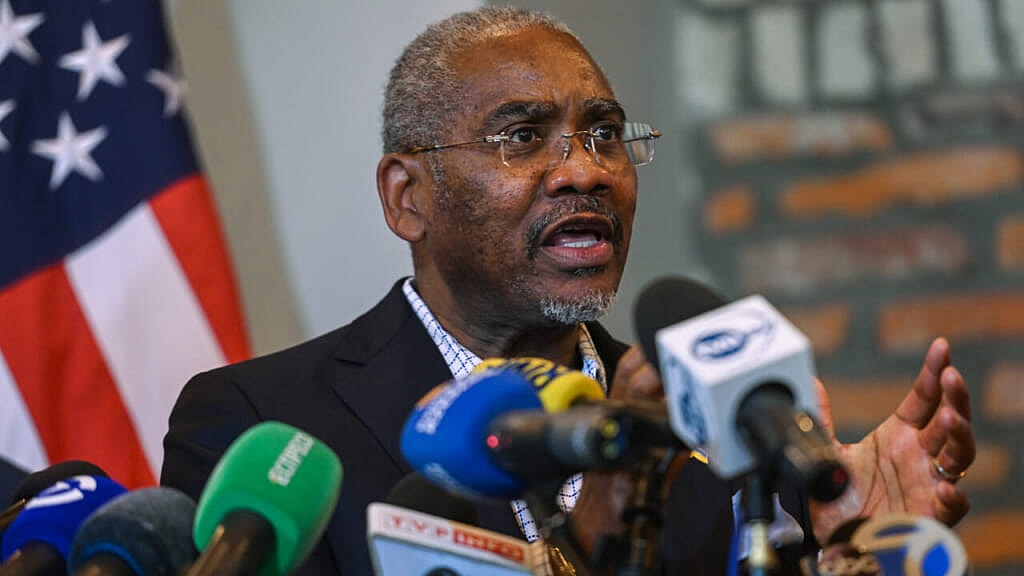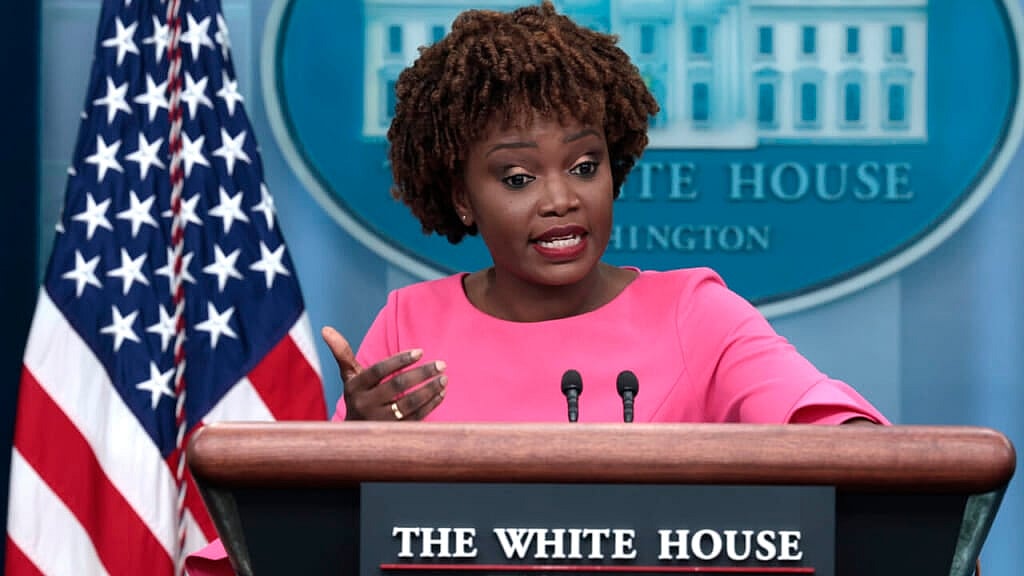U.S. Rep. Greg Meeks (D-NY), chair of the House Foreign Affairs Committee, is in Europe meeting with leaders to discuss a Russian blockade on grains at Ukrainian ports on the Black Sea. Meeks told theGrio exclusively that the blockade is contributing to “starvation and the cost of food continuing to rise” globally.

The Congressman said that the international community has urged Russia’s president, Vladimir Putin, to allow goods to leave the ports in Ukraine, where Russian soldiers have invaded the sovereign nation in an unprovoked war since February. However, Putin refuses to do so “unless all sanctions are removed from Russia.”
Meeks’ recount is consistent with new reports coming out of Russia that government officials are attempting to negotiate with world leaders to ease the blockade. Meeks told theGrio from his overseas trip that while European Union nations and NATO are “very united and determined” to support Ukraine and help them win the war against Russia, they are also concerned about the ensuing food insecurity caused by the blockade.
Meeks said the issue has come up in “most of [his] conversations” in Europe.
At the daily press briefing Thursday, White House Press Secretary Karine Jean-Pierre said that President Joe Biden is a “no” to lifting sanctions on Russia in exchange for the release of the grains and other exports.
“This is Russia who is actively blocking the export of food from Ukrainian ports, and is increasing world hunger,” Jean-Pierre told theGrio, adding, “This is on them.”
“Russia should immediately cease its war on Ukraine, which is devastating global food security, and allow the free flow of Ukrainian food.” Jean-Pierre added that sanctions on Russia by the United States and its global partners are not preventing agriculture from being exported.

White House National Security Advisor, Jake Sullivan, also spoke to the issue during a previous press briefing when asked by theGrio about the blockade that is preventing millions of tons of grain from being shipped to poor nations, particularly those in Africa. In response, Sullivan confirmed that Russia is “bombarding” Odessa, a port city in Ukraine, where “food departs on large cargo ships bound through the Black Sea and then on to the world market.”
Sullivan noted that the United States publicly called upon Russia to end its attacks on Odessa and end the blockade and permit “the commercial and humanitarian traffic of ships into and out of Odessa Port.”
The Biden-Harris administration is engaging world leaders for solutions to this pressing humanitarian and economic issue and is working with Ukraine, United Nations and other allies to find resolve, said Sullivan.
“We are supporting efforts to facilitate the delivery of that grain to the world market so that it can alleviate food prices everywhere,” he added.
Rep. Meeks said he has briefed President Biden in the past month on his meeting with Ukrainian President Volodymyr Zelenskyy during another recent overseas trip. Zelenskyy specifically pointed out Africa, telling Meeks, that he was concerned that nations on the continent are in need of the grains that Russia is blocking.
The grain and food shortage – and the subsequent price hikes – is also compounded by another port issue in India, which paused its wheat exports as a result of a heatwave that has impacted its crops, CNBC reported. India is the world’s second-largest wheat supplier. The hope was that crops from other countries could ease the grip on Ukraine’s exports.
TheGrio is FREE on your TV via Apple TV, Amazon Fire, Roku and Android TV. Also, please download theGrio mobile apps today!

